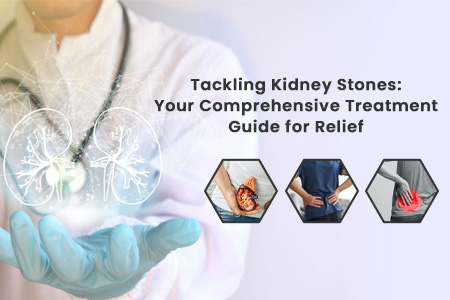
 2024-08-21
2024-08-21
Kidney stones are a common yet painful condition that affects millions of people worldwide. These hard deposits of minerals and salts form in the kidneys and can cause significant discomfort and health complications. Understanding the causes, symptoms, and treatment options is essential for effective management and relief. In this comprehensive guide, we’ll explore everything you need to know about kidney stones and highlight how Prasidh Hospitals, the Best Hospital in LB Nagar, provides expert care with a focus on nephrology, featuring top Nephrology Specialists in Hyderabad.
What Are Kidney Stones?
Kidney stones are small, hard mineral deposits that form in the kidneys. They can vary in size and may be as small as a grain of sand or as large as a golf ball. The stones can cause severe pain when they move through the urinary tract or block the flow of urine.
Symptoms of Kidney Stones
The symptoms of kidney stones can range from mild to severe and may include:
Severe Pain: Sharp pain in the back, side, lower abdomen, or groin.
Painful Urination: Discomfort or burning sensation while urinating.
Frequent Urination: An increased urge to urinate.
Blood in Urine: Pink, red, or brown discoloration in the urine.
Cloudy or Foul-Smelling Urine: Changes in urine color or odor.
Nausea and Vomiting: Often accompanying the pain.
Causes and Risk Factors
Kidney stones can form due to various factors, including:
Dehydration: Inadequate fluid intake can lead to concentrated urine, increasing the risk of stone formation.
Diet: High intake of certain foods, such as those rich in oxalates or sodium, can contribute to stone formation.
Genetics: A family history of kidney stones can increase your risk.
Medical Conditions: Certain conditions, such as gout or hyperparathyroidism, can elevate the risk of developing kidney stones.
Obesity: Excess weight can influence the formation of kidney stones.
Treatment Options
Treatment for kidney stones depends on their size, type, and the severity of symptoms. Here are common treatment approaches
Hydration and Pain Management:
Increase Fluid Intake: Drinking plenty of water helps flush out small stones and prevent new ones from forming.
Pain Relief: Over-the-counter pain relievers or prescribed medications can help manage pain.
Medical Procedures:
Shock Wave Lithotripsy (SWL): A non-invasive procedure that uses sound waves to break stones into smaller pieces, making them easier to pass.
Ureteroscopy: A minimally invasive procedure where a thin tube is inserted through the urethra and bladder to remove or break up stones.
Percutaneous Nephrolithotomy: A surgical procedure used for larger stones, involving the removal of stones through a small incision in the back.
Lifestyle and Dietary Changes:
Dietary Adjustments: Reducing intake of foods high in oxalates, sodium, and protein can help prevent stone formation.
Regular Check-ups: Monitoring kidney function and stone formation with regular medical check-ups.
Seeking Expert Care
If you suspect you have kidney stones or are experiencing symptoms, seeking expert medical care is crucial. At Prasidh Hospitals, recognized as the Best Hospital in LB Nagar, we provide comprehensive care for kidney stones with our specialized nephrology services. Our team includes some of the most skilled Nephrology Specialists in Hyderabad, who are dedicated to offering personalized treatment plans and effective relief from kidney stones.
Conclusion
Kidney stones can be a challenging and painful condition, but understanding the symptoms, causes, and treatment options can lead to effective management and relief. For expert care and treatment, visit Prasidh Hospitals, where we offer top-notch nephrology services and support for kidney health.
For more information or to schedule a consultation with our specialists, contact us today. Take proactive steps towards managing kidney stones and improving your overall health.
 What’s Causing That Itchy Feeling in Your Ears? 2024-09-21 by : Prasidh Hospitals
What’s Causing That Itchy Feeling in Your Ears? 2024-09-21 by : Prasidh Hospitals
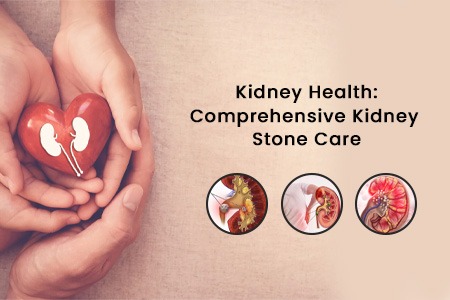 Kidney Health Comprehensive Kidney Stone Care 2024-09-20 by : Prasidh Hospitals
Kidney Health Comprehensive Kidney Stone Care 2024-09-20 by : Prasidh Hospitals
 How Has Varicose Veins Treatment Changed Over the Years? 2024-09-18 by : Prasidh Hospital
How Has Varicose Veins Treatment Changed Over the Years? 2024-09-18 by : Prasidh Hospital
 Tackling Kidney Stones Your Comprehensive Treatment Guide for Relief 2024-08-21 by : Prasidh Hospital
Tackling Kidney Stones Your Comprehensive Treatment Guide for Relief 2024-08-21 by : Prasidh Hospital
 Heartburn Symptoms, Causes, Risks, and Treatment 2024-08-20 by : Prasidh Hospital
Heartburn Symptoms, Causes, Risks, and Treatment 2024-08-20 by : Prasidh Hospital
 Mosquito-Related Diseases Symptoms, Causes, and Preventive Tips 2024-08-16 by : Prasidh Hospital
Mosquito-Related Diseases Symptoms, Causes, and Preventive Tips 2024-08-16 by : Prasidh Hospital
 Understanding ADHD in Children Signs, Symptoms, and Treatment 2024-07-11 by : Prasidh Hospitals -
Understanding ADHD in Children Signs, Symptoms, and Treatment 2024-07-11 by : Prasidh Hospitals -
 Pregnancy Planning Preparing for a Healthy Pregnancy 2024-07-11 by : Prasidh Hospitals -
Pregnancy Planning Preparing for a Healthy Pregnancy 2024-07-11 by : Prasidh Hospitals -
 Understanding High Blood Pressure Causes, Risks, and Management 2024-07-11 by : Prasidh Hospitals -
Understanding High Blood Pressure Causes, Risks, and Management 2024-07-11 by : Prasidh Hospitals -
 Understanding Hormonal Imbalances Causes, Symptoms, and Treatments for a Balanced Life 2024-05-27 by : Prasidh Hospital
Understanding Hormonal Imbalances Causes, Symptoms, and Treatments for a Balanced Life 2024-05-27 by : Prasidh Hospital
 Navigating Orthopaedic Surgery Procedures, Recovery, and Benefits 2024-05-25 by : Prasidh Hospital
Navigating Orthopaedic Surgery Procedures, Recovery, and Benefits 2024-05-25 by : Prasidh Hospital
 Boosting Your Child's Immune System Paediatric Advice for a Healthy Future 2024-05-24 by : Prasidh Hospital
Boosting Your Child's Immune System Paediatric Advice for a Healthy Future 2024-05-24 by : Prasidh Hospital
 Joint Replacement Surgery: What to Expect and How to Prepare 2024-04-12 by : Prasidh Hospital
Joint Replacement Surgery: What to Expect and How to Prepare 2024-04-12 by : Prasidh Hospital
 The Vital Importance of Regular Gynecologist Check-ups for Women's Health 2024-03-06 by : Prasidh Hospital
The Vital Importance of Regular Gynecologist Check-ups for Women's Health 2024-03-06 by : Prasidh Hospital
 The Lifesaving Role of Neonatal Intensive Care Units (NICUs) for Premature Babies 2024-03-07 by : Prasidh Hospital
The Lifesaving Role of Neonatal Intensive Care Units (NICUs) for Premature Babies 2024-03-07 by : Prasidh Hospital
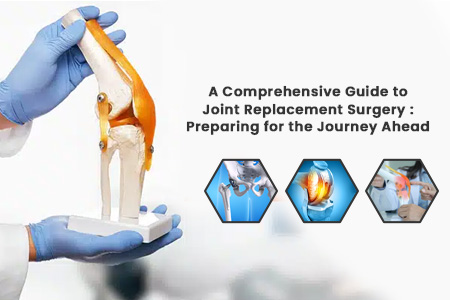 A Comprehensive Guide to Joint Replacement Surgery Preparing for the Journey Ahead 2024-03-04 by : Prasidh Hospital
A Comprehensive Guide to Joint Replacement Surgery Preparing for the Journey Ahead 2024-03-04 by : Prasidh Hospital
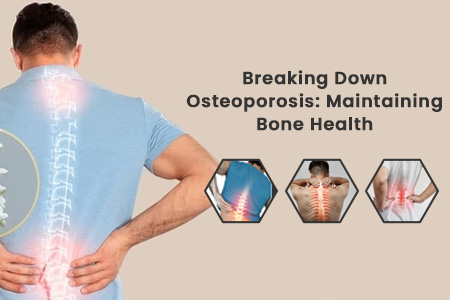 Breaking Down Osteoporosis Maintaining Bone Health 2024-02-16 by : Prasidh Hospital
Breaking Down Osteoporosis Maintaining Bone Health 2024-02-16 by : Prasidh Hospital
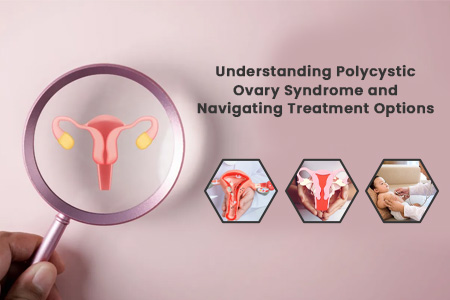 Understanding Polycystic Ovary Syndrome and Navigating Treatment Options 2024-02-16 by : Prasidh Hospital
Understanding Polycystic Ovary Syndrome and Navigating Treatment Options 2024-02-16 by : Prasidh Hospital
 Protecting Precious Lives Neonatal Pneumonia and Promoting Prasidh Hospital's Expert Care 2024-02-09 by : Prasidh Hospital
Protecting Precious Lives Neonatal Pneumonia and Promoting Prasidh Hospital's Expert Care 2024-02-09 by : Prasidh Hospital
 Rediscovering Sound A Journey through Hearing Loss Solutions at Prasidh Hospital 2024-01-29 by : Prasidh Hospital
Rediscovering Sound A Journey through Hearing Loss Solutions at Prasidh Hospital 2024-01-29 by : Prasidh Hospital
 Unveiling Solutions for PCOS Prasidh Hospitals Holistic Approach to Womens Health 2024-01-25 by : Prasidh Hospital
Unveiling Solutions for PCOS Prasidh Hospitals Holistic Approach to Womens Health 2024-01-25 by : Prasidh Hospital
 Challenges of ADHD Prasidh Hospital's Comprehensive Approach to Care 2024-01-24 by : Prasidh Hospital
Challenges of ADHD Prasidh Hospital's Comprehensive Approach to Care 2024-01-24 by : Prasidh Hospital
 Understanding Acid Peptic Disease Symptoms, Causes, and Treatment 2023-12-29 by : Prasidh Hospital
Understanding Acid Peptic Disease Symptoms, Causes, and Treatment 2023-12-29 by : Prasidh Hospital
 Nurturing Healthy Appetites A Guide to Improving Your Child's Eating Habits 2023-12-27 by : Prasidh Hospital
Nurturing Healthy Appetites A Guide to Improving Your Child's Eating Habits 2023-12-27 by : Prasidh Hospital
 Nourishing Pregnancy Foods to Avoid for a Healthy Journey 2023-12-20 by : Prasidh Hospital
Nourishing Pregnancy Foods to Avoid for a Healthy Journey 2023-12-20 by : Prasidh Hospital
 Identify the Symptoms of Allergy and Asthma A Comprehensive Guide 2023-12-13 by : Prasidh Hospital
Identify the Symptoms of Allergy and Asthma A Comprehensive Guide 2023-12-13 by : Prasidh Hospital
 Hyderabad's Solution to Dry Mouth Problems Expert Care 2023-11-28 by : Prasidh Hospital
Hyderabad's Solution to Dry Mouth Problems Expert Care 2023-11-28 by : Prasidh Hospital
 Strengthening Your Foundation: Osteoporosis Safety and Prevention Tips 2023-11-15 by : Prasidh Hospital
Strengthening Your Foundation: Osteoporosis Safety and Prevention Tips 2023-11-15 by : Prasidh Hospital
 Maximizing Your Chances of a Normal Delivery: Tips for a Healthy Pregnancy 2023-11-07 by : Prasidh Hospital
Maximizing Your Chances of a Normal Delivery: Tips for a Healthy Pregnancy 2023-11-07 by : Prasidh Hospital
 Laparoscopic surgery 2023-07-04 by : prasidhhospitals
Laparoscopic surgery 2023-07-04 by : prasidhhospitals
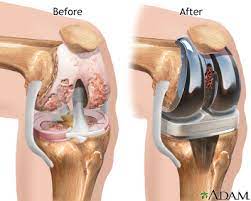 How to Manage Pain Swelling 2022-07-23 by : admin
How to Manage Pain Swelling 2022-07-23 by : admin
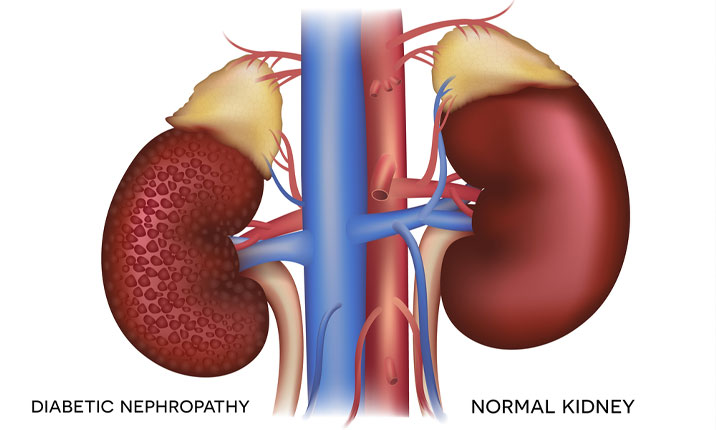 kidney health and diasbetes 2022-07-23 by : Admin
kidney health and diasbetes 2022-07-23 by : Admin
 how to increase the chances of normal delivery? 2022-07-23 by : admin
how to increase the chances of normal delivery? 2022-07-23 by : admin
Copyright © Prasidh rights reserved.